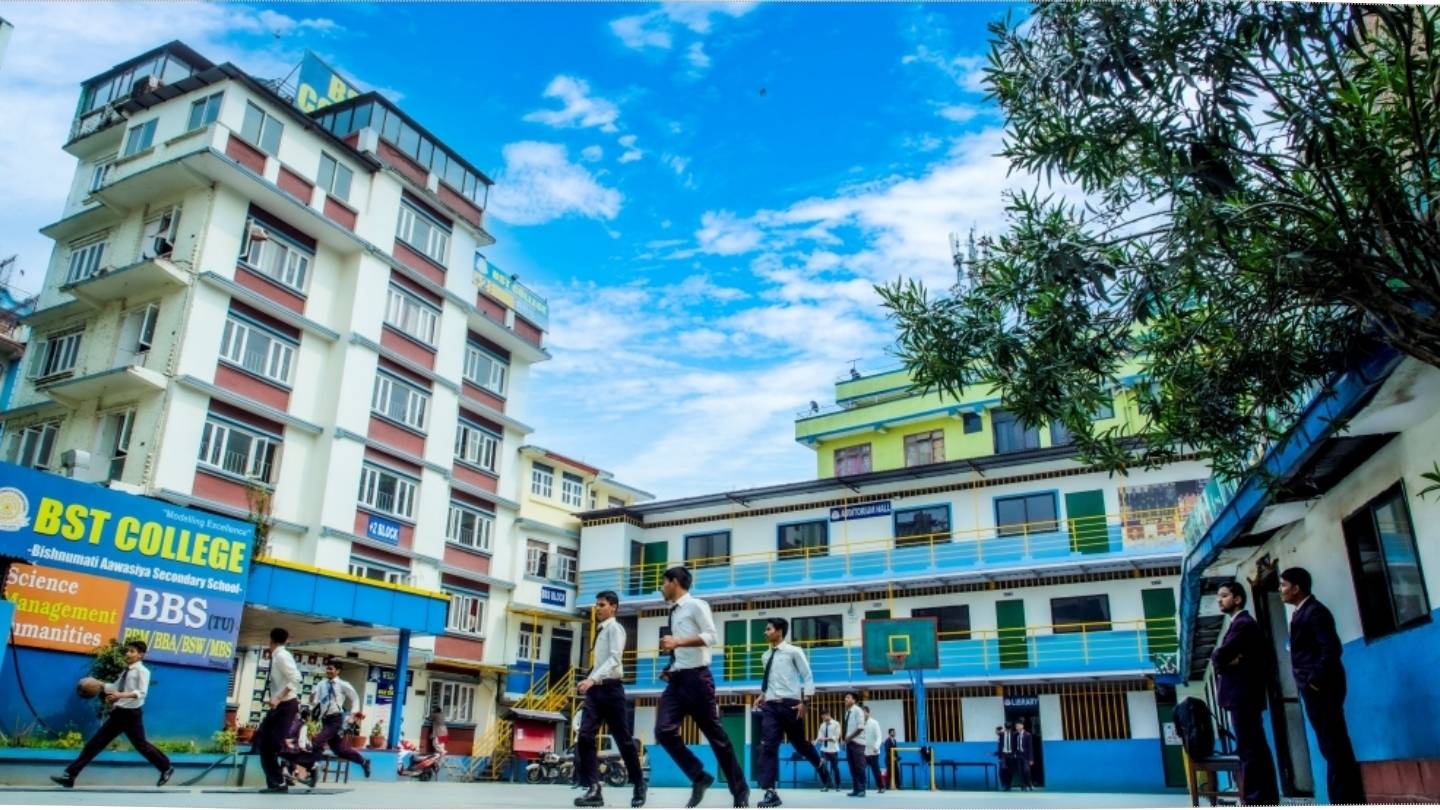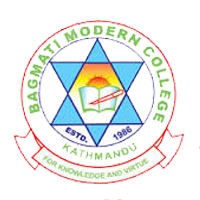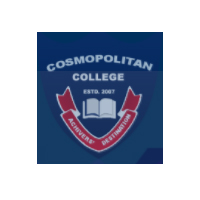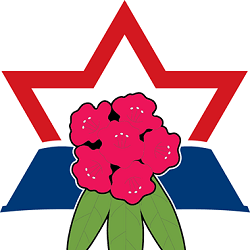Overview
Ten Plus Two (+2) Humanities at BST College, Gongabu, Kathmandu
NEB +2 Humanities at BST College, Gongabu, Kathmandu, serves Grade 11–12 students who plan to study social sciences, languages, media, hospitality, or tourism in a structured way. The stream follows NEB’s subject pattern with compulsory Nepali and English plus Social Studies/Mathematics, and one three-subject optional set. Students choose from six options that include Rural Development, Sociology, Major English, Mass Communication, Psychology, Population Studies, Computer Science, Tourism, and Hotel Management.
BST College opens admission after SEE. Applications move through the information desk and proceed to entrance/admission steps as notified. Scholarship slabs are GPA-linked, with an entrance-topper provision and support for needy and deserving students.

Highlights
-
NEB Grade 11–12 Humanities with clear compulsory subjects and six optional sets.
-
Eligibility reference for Grade XI (humanities/management-oriented subjects): minimum GPA 1.6 in SEE, with C+ at subject level as specified by the college notice.
-
Admission begins soon after SEE results; forms are issued at the information desk; entrance/admission steps are announced by the college.
-
Facilities that matter to Humanities: library, auditorium for talks and events, computer/ICT lab, transport, and campus activities.
-
College scholarship policy lists merit-based fee waivers by GPA and special support for entrance toppers and deserving students.
Curriculum Details
Compulsory Group (Grade 11–12)
-
Nepali
-
English
-
Social Studies or Mathematics
Optional Combinations (choose one set)
-
Optional-I: Rural Development, Sociology, Major English
-
Optional-II: Rural Development, Computer Science, Major English
-
Optional-III: Major English, Sociology, Mass Communication
-
Optional-IV: Rural Development, Tourism, Hotel Management
-
Optional-V: Psychology, Population Studies, Major English
-
Optional-VI: Psychology, Computer Science, Major English
How each set helps you plan ahead
-
Rural Development + Sociology + Major English: a good route for social science majors, development work, and communication-heavy bachelor programs.
-
Rural Development + Computer Science + Major English: keeps development studies while adding ICT tasks that appear in research and data handling.
-
Major English + Sociology + Mass Communication: a practical mix for journalism, reporting, public information, and content roles.
-
Rural Development + Tourism + Hotel Management: connects community studies with Nepal’s hospitality and tourism sector.
-
Psychology + Population Studies + Major English: matches health, education, community surveys, and counseling-adjacent fields.
-
Psychology + Computer Science + Major English: supports tech-enabled research, user studies, and documentation.
Objectives
-
Build a solid base in social science concepts, language skills, and analytical reading.
-
Develop writing habits that match NEB answers, reports, and short presentations.
-
Encourage informed course selection for bachelor-level study in journalism, sociology, psychology, English, development, hospitality, or tourism.
-
Strengthen ICT familiarity for research tasks and classroom projects.
Scope
Humanities at +2 level prepares you for bachelor programs that rely on reading, analysis, and communication. Students from these optional sets commonly target journalism/media, English, sociology, psychology, rural development, tourism and hospitality, or general arts degrees.
The presence of Computer Science in two sets gives you a bridge to basic data work and document production in future courses. The library, auditorium, and ICT lab listed by the college help you practice presentations, source scanning, and digital formatting before higher study.
Learning Outcomes
By the end of Grade 12 Humanities at BST, students typically:
-
Write clear answers in Nepali and English, with evidence and references where required.
-
Explain basic ideas in sociology, psychology, rural development, or mass communication depending on the chosen set.
-
Prepare short surveys, summarize findings, and present to peers using slides or posters in the auditorium.
-
Use the library for reference reading and note-making; follow ICT lab norms and submit typed work where asked.
Skill Development Modules
-
Academic writing: summary, précis, reference lists, and short essays in Nepali and English.
-
Social research basics: framing a question, drafting a simple schedule, data entry in a spreadsheet, and basic charts.
-
Communication & media: news briefs and features for students in the Mass Communication option.
-
Community studies: mapping exercises and local case notes for students who select Rural Development.
-
Hospitality exposure: event support and service basics through Tourism and Hotel Management options; college notes an on-campus hotel management lab.
Teaching Methodology
Humanities teaching relies on classroom periods, guided reading in the library, ICT-based assignments, and campus events in the auditorium. The college document details the auditorium’s use for seminars and guest sessions, which supports public speaking and presentation. Computer Centre rules guide device use and file management, which helps when you type reports or build slides.
Admission Requirements
Eligibility
-
For humanities/management-oriented subjects in Grade XI, the college sheet cites minimum GPA 1.6 in SEE, with C+ at subject level as stated in the notice. Students confirm exact subject-wise constraints at form fill-up.
Process
-
Admission opportunity starts right after SEE publication.
-
Collect the application form and instructions from the information desk.
-
Submit the form with required testimonials and follow the entrance/admission steps as announced by the college.
Documents to prepare (typical)
-
SEE grade sheet and character certificate.
-
Passport-size photos.
-
Citizenship/ID copy as applicable.
-
Migration or transfer document if requested.
Career Opportunities
-
Media and communication: newsroom support, content writing, campus magazine editing, event communication.
-
Community and development: documentation support in local bodies, field coordination, survey assistance.
-
Hospitality and tourism: front office, guest relations, events support for students taking Tourism and Hotel Management.
-
Education support: tutoring, facilitation, and documentation in schools and education projects.
-
Next study step: BA or equivalent arts programs that match your chosen optional set.
Scholarships and Financial Aid
BST College lists GPA-linked fee waivers for +2, plus special provisions:
-
GPA 3.9–4.0: admission, annual, and tuition fees fully waived.
-
GPA 3.8–3.9: admission 100%, annual 50%, tuition 75% waived.
-
GPA 3.6–3.8: admission 100%, annual 50%, tuition 50% waived.
-
GPA 3.4–3.6: admission 50%, annual 50%, tuition 30% waived.
-
GPA 3.2–3.4: admission 50%, annual 40%, tuition 25% waived.
-
GPA 3.0–3.2: admission 40%, annual 30%, tuition 20% waived.
-
GPA 2.8–3.0: admission 30%, annual 20%, tuition 10% waived.
-
GPA 2.4–2.8: admission 20%, annual 20%, tuition 10% waived.
-
Entrance topper: full scholarship.
-
Need-based support: available under college policy.
Why Choose This Course?
-
Clear optional sets under NEB Humanities that let you align subjects with future study in media, social sciences, psychology, or hospitality.
-
Admission window right after SEE with an office-based application route.
-
Library, auditorium, and ICT access that support reading, writing, and presentations throughout Grade 11–12.
-
Scholarship slabs that recognize performance and provide relief for deserving students.
FAQ
1) What are the compulsory subjects in +2 Humanities at BST?
Nepali, English, and Social Studies/Mathematics.
2) Which optional sets can I choose?
Six options that combine Rural Development, Sociology, Major English, Mass Communication, Psychology, Population Studies, Computer Science, Tourism, and Hotel Management.
3) What is the eligibility rule for Grade XI Humanities?
The college sheet cites a minimum GPA of 1.6 in SEE with C+ at subject level; confirm exact subject-wise requirements during application.
4) When does admission start and how do I apply?
Right after SEE results. Collect the form from the information desk, submit documents, and follow the entrance/admission steps announced by the administration.
5) What facilities support Humanities learning?
Library for references, auditorium for talks and presentations, ICT/computer lab for typing and slides, transport, and campus activities.
6) Are scholarships available for +2 Humanities?
Yes. GPA-linked fee waivers, a scholarship for the entrance topper, and need-based support are listed in the college policy.























